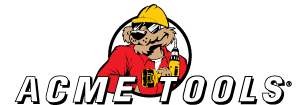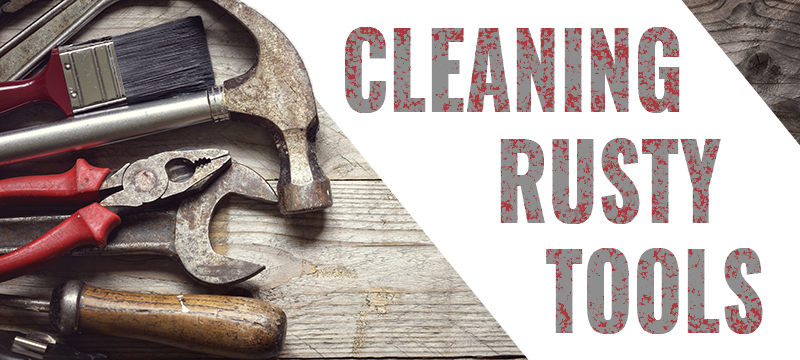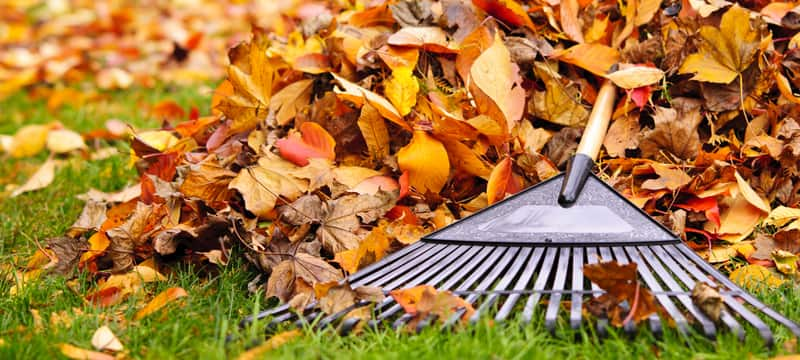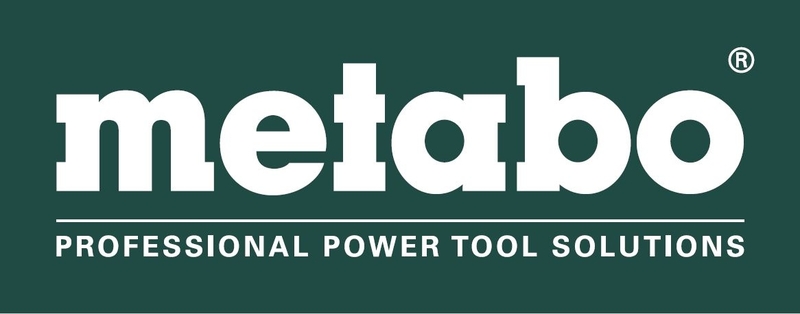Even if rust has built up on your tools for years, there are ways to clean them effectively without damaging their surfaces. This article summarizes the best rust removal solutions to help you learn how to clean rusty tools more efficiently—from chemical rust removers to homemade remedies and DIY techniques. So, before you throw away your rusty tools, check out these methods.
Removing Rust by Scraping
The first rust removal option is to remove the unwanted rust physically using an abrasive. This method requires a lot of strength and effort, but it is doable. Some easily accessible household objects for this job include steel wool and screwdrivers.
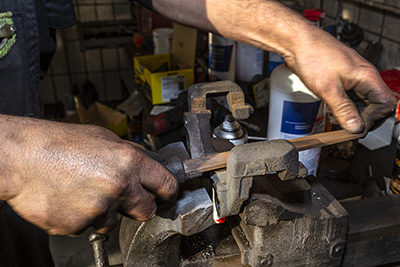
For moderate rust issues, select an effective scraping material to avoid damage. But deeper rust problems will require you to use heavy metal tools and plenty of effort. Scrape off the rust, and once it’s all gone, use fine sandpaper to clear any scratch marks that may have been created.
However, consider renting some from a nearby hardware store if you do not have the right tools. Electric rust removers like an electric sander can do the job perfectly, especially if you need to remove rust from larger surfaces. When scrubbing, it is always prudent to start from the rustiest areas and gradually proceed to regions with more minor stains.
How to Clean Tools Using Chemical Rust Removers
Another brilliant way to clean rust off tools is using chemical rust removers. Remember that these chemicals are produced using phosphoric or oxalic acid, making them harmful to the skin. So, it makes sense to take precautions when using a rust chemical remover on any metallic object to ensure safety. When you buy your rust chemical remover, read the directions and apply the product according to the manufacturer’s instructions.
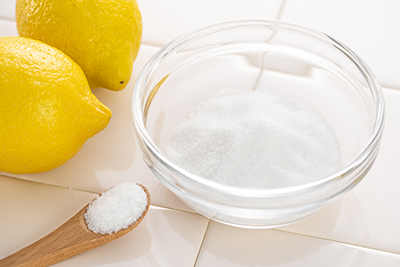
Unsure how to clean rusty tools using chemical rust removers? Well, there are many types of chemical rust removers to choose from. Let us look at some of the most effective options.
Citric Acid
Using citric acid is one of the safest, easiest, and most effective ways to remove surface rust from your old tools without damaging their finish. Before starting the process, you’ll need rubber gloves, citric acid powder, a plastic container with warm water, and a scouring pad (a steel brush or steel wool).
Place the rusty objects in the plastic container (large enough to accommodate the parts) with warm water. Add citric acid powder, gently wiggle the solution, and then let it rest for some minutes. Scrubbing with a steel brush or scouring pad will help speed up the process.
Before scraping, soak them lightly to moderate rust issues for about 4 hours. Objects with deep rust may need to rest overnight and rinse in the morning. Dry the tools thoroughly with a clean cloth.
Oxalic Acid
Oxalic acid is a potent chemical agent. So, ensure you observe the necessary protective measures before using this chemical. Your protective gear should include rubber gloves, goggles, and a nose mask to protect you from inhaling the acid fumes.
You should mix water and oxalic acid in appropriate proportions—250ml water and 25ml oxalic. Soak your tools in the mixture and let them sit for about twenty minutes, or wipe the objects using a cloth or brass brush. When the rust is completely gone, clean the parts and subsequently dry them.
Rust Removal by a Rust Converter
You have another option if you still wonder what chemical to use to clean your rusty tools. Use a rust converter to prevent rust from spreading further along the metal surfaces. However, the downside of rust converters is that they do not entirely remove rust from an object. You should only consider them if you plan to paint the metal object’s surface.
How to Clean Rust off Tools Using Homemade Rust Removers
Undoubtedly, there are circumstances when you would not want to use chemicals to clean your tools, depending on their use. In such a case, there are homemade solutions you can use as brilliant alternatives. These include:
Lemon or Lime Juice
The acid in lemons can be used with salt to remove rust from metal surfaces. This method is quick and straightforward. Sprinkle salt to cover the area of an object that has rust. Then squeeze the lemon over the surface and let it rest for 3 to 4 hours before you clean it. Lemon or lime juice can remove rust from metal objects without causing damage.
Vinegar
Vinegar is one of the most effective homemade rust removers. Rust not only reacts with vinegar but also eventually dissolves in it. Soak the tools in white vinegar for hours to remove rust from metal objects and wipe off the rust. If the object is too large to fit in a container, sprinkle white vinegar over its surface and then allow it to settle for some time. Alternatively, dip a piece of aluminum foil in white vinegar and rub it against the rusted surface.
Baking Soda
Mix baking soda with water to create a thick paste and then spread it evenly over the object. Let it rest for some time before you scrub it off. You can use a toothbrush to remove the paste before you wash it with clean water. There are no fixed rules for mixing the paste components. Therefore, dilute them according to your preference.
Rusty tools do not look good and are also inefficient at work. But before you give up, there are methods you can use to restore them. The rust removal methods discussed above are some of the most effective ones. Pick one or two techniques that work for you to keep your tools in decent shape.
